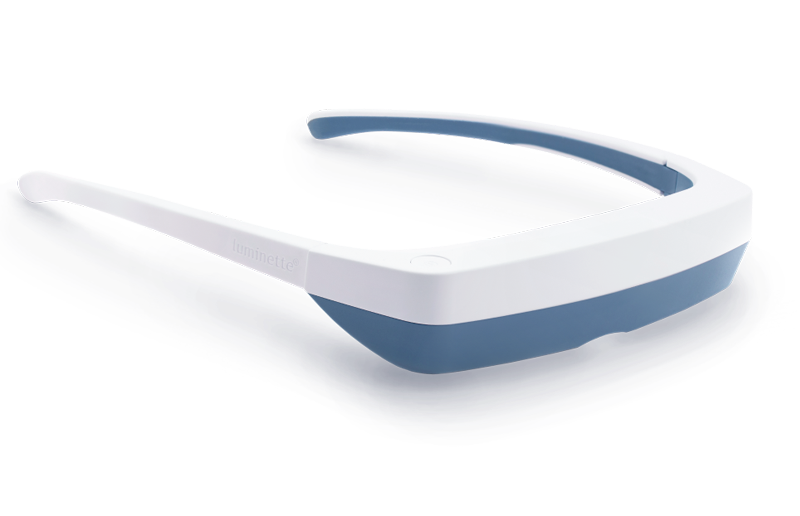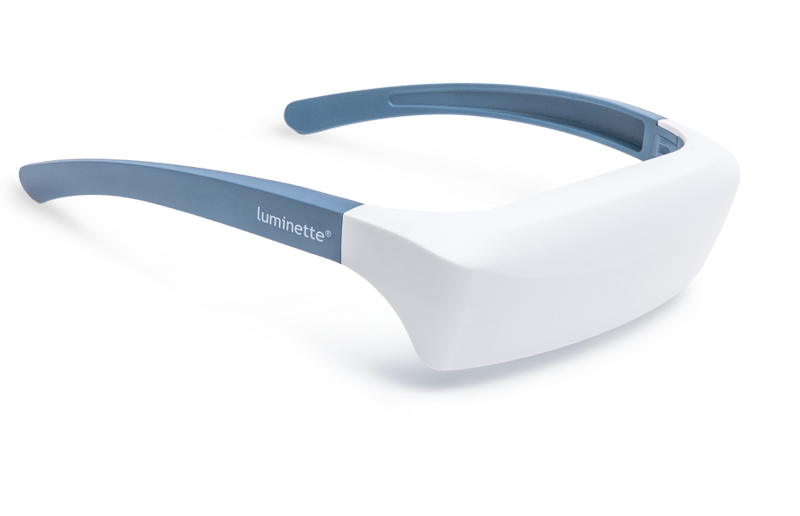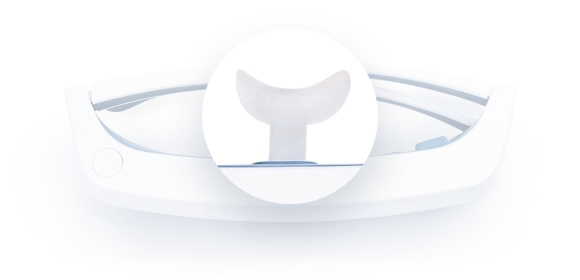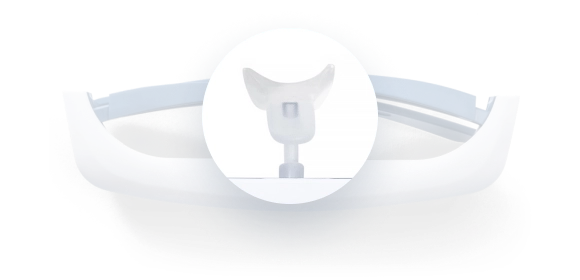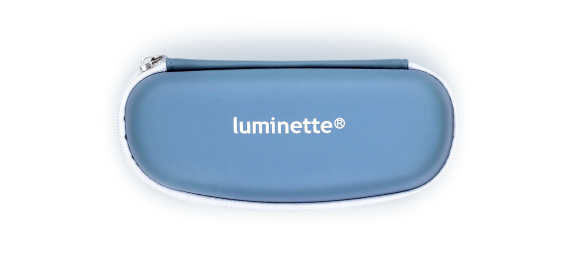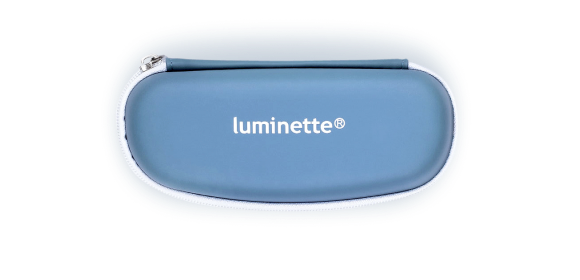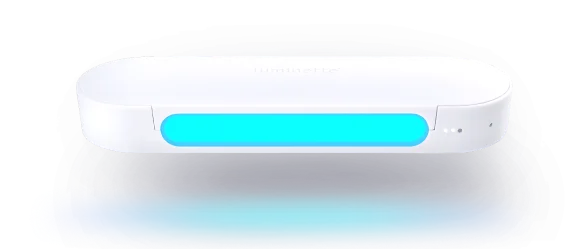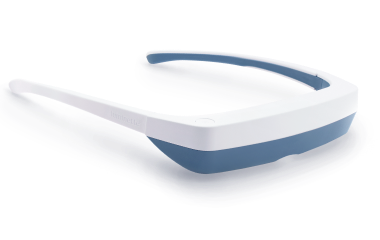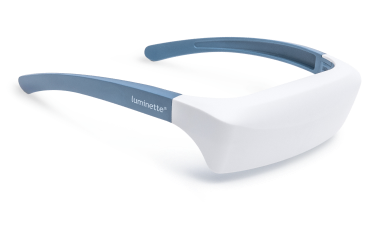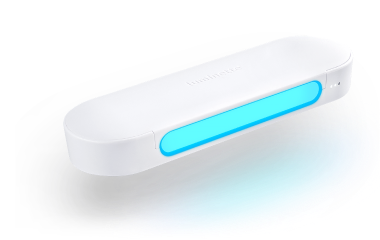У сучасному швидкоплинному світі час — це цінний ресурс. Для людей, які піклуються про здоров’я та прагнуть продуктивності, освоєння мистецтва раннього пробудження може стати справжнім проривом. Але як перейти від сови до жайворонка? І чому взагалі варто це розглядати?
Цей блог-пост проведе вас через численні переваги раннього підйому, поширені проблеми, з якими ви можете зіткнутися, та практичні поради, які допоможуть встановити послідовний режим раннього пробудження. Ми також розглянемо, як світлотерапія може підтримати ваші зусилля, зберігаючи мотивацію та продуктивність. Наприкінці цього посту ви отримаєте всі знання, необхідні для трансформації ваших ранків і, зрештою, вашого життя.
Раннє пробудження — це не просто більше часу протягом дня. Воно має численні переваги, які можуть покращити ваше загальне самопочуття та продуктивність.
Насамперед, раннє пробудження може покращити психічне здоров’я. Дослідження показали, що ранні пташки часто мають нижчий рівень стресу порівняно з тими, хто прокидається пізніше. Це здебільшого пов’язано з тим, що у них більше часу на підготовку до дня, що веде до більш розслабленого та організованого початку.
По-друге, ранні пташки часто відзначають підвищену продуктивність. Ранок зазвичай тихіший і менш переривчастий, що створює ідеальне середовище для зосередженої роботи. Виконуючи важливі завдання зранку, ви можете задати позитивний тон на весь день.
Нарешті, раннє пробудження може значно покращити якість вашого сну. Постійне прокидання в один і той же час допомагає регулювати внутрішній годинник вашого тіла, що полегшує засинання та підтримання сну.
Поширені проблеми при встановленні раннього режиму пробудження
Хоча переваги раннього пробудження очевидні, встановлення нового режиму може бути складним. Розуміння цих поширених перешкод допоможе вам підготуватися і подолати їх.
Однією з основних проблем є спокуса натиснути кнопку відкладення будильника. Дуже легко повернутися до комфорту ліжка, особливо в холодні зимові місяці. Щоб боротися з цим, поставте будильник поза досяжністю руки, змушуючи себе фізично вставати, щоб його вимкнути.
Ще одна поширена проблема — це пізні нічні заняття та звички. Чи то марафон перегляду улюбленого серіалу, чи прокручування соціальних мереж, пізні нічні активності можуть порушити ваш графік сну. Встановлення суворого вечірнього ритуалу може допомогти зменшити цю проблему.
Нарешті, адаптація до раннього пробудження може спочатку викликати втому протягом дня. Це цілком нормально і тимчасово. Вашому тілу потрібен час, щоб пристосуватися до нового розкладу, тому будьте терплячі і дайте собі час на адаптацію в цей період переходу.

Практичні поради для початку раннього пробудження
Ось кілька практичних порад, які допоможуть вам легше звикнути до нового раннього режиму пробудження.
Встановіть послідовний час сну
Встановлення регулярного часу сну є ключовим для раннього пробудження. Ваш організм потребує рутини, тому дотримання послідовного графіка сну полегшить підйом вранці. Намагайтеся спати не менше 7-8 годин щоночі. Ось кілька порад для встановлення послідовного часу сну:
- Визначте, скільки сну вам потрібно, і відрахуйте назад від бажаного часу пробудження.
- Встановіть будильник, щоб нагадати, коли настав час готуватися до сну.
- Уникайте різких змін у вихідні. Дотримуйтеся часу сну і пробудження в межах години від вашого буденного розкладу.
Створіть розслаблюючий вечірній ритуал
Спокійний вечірній ритуал сигналізує вашому тілу, що настав час розслабитися і підготуватися до сну. Включення розслаблюючих занять за годину до сну може полегшити засинання. Ось кілька ідей для створення вечірнього ритуалу:
- Читайте книгу або практикуйте легку медитацію.
- Прийміть теплу ванну, щоб розслабити м’язи.
- Приглушіть світло, щоб створити спокійну атмосферу.
- Уникайте яскравих екранів телефонів, планшетів і комп’ютерів, оскільки вони можуть заважати виробленню мелатоніну, гормону сну, у вашому організмі.
Уникайте стимуляторів перед сном
Стимулятори, такі як кофеїн і нікотин, можуть заважати вам заснути. Якщо у вас виникають проблеми зі сном, намагайтеся уникати напоїв з кофеїном, таких як кава, чай або сода, принаймні за 4-6 годин до сну. Обирайте трав'яні чаї без кофеїну, наприклад, ромашку або м'яту, щоб сприяти розслабленню.
Поступово коригуйте час пробудження
Замість різкої зміни часу пробудження спробуйте робити невеликі коригування. Щодня ставте будильник на 15 хвилин раніше, доки не досягнете бажаного часу підйому. Такий поступовий підхід дозволяє тілу адаптуватися без значних порушень циклу сну.
Як світлотерапія може допомогти прокидатися рано
Світлотерапія полягає в опроміненні штучним світлом, що імітує природне сонячне світло. Це може бути ефективним інструментом для встановлення та підтримки раннього режиму пробудження.
Регулювання внутрішнього годинника тіла за допомогою світлотерапії
Ваше тіло має внутрішню систему часу, яка контролює сон і пильність. Світлотерапія підтримує цю систему, імітуючи природне денне світло. Використання її рано вранці допомагає налаштувати цикл сну та неспання, полегшуючи підйом і наповнюючи енергією.
- Використовуйте лампу для світлотерапії вранці, щоб сигналізувати мозку, що час бути бадьорим.
- Регулярне опромінення світлом у той самий час щодня допомагає регулювати ваш цикл сну та неспання.
Найкращий час для використання світлотерапії для ранніх пташок
Щоб оптимізувати ефекти світлотерапії для раннього пробудження, важливий час. Найкращий час для використання світлотерапії — протягом 30 хвилин до години після пробудження. Це допоможе вашому тілу припинити вироблення мелатоніну, який викликає сонливість, і почати виробляти кортизол, який допомагає відчувати бадьорість.
- Використовуйте світлотерапію між 6 та 8 ранку, щоб підтримати ранній підйом.
- Плануйте сеанс тривалістю 20-30 хвилин.
Вибір правильного пристрою для світлотерапії для ранкового використання
Вибираючи пристрій для світлотерапії для ранкового використання, важливо враховувати як ефективність, так і зручність. Два відмінні варіанти — це окуляри для світлотерапії Luminette 3 та портативна лампа для світлотерапії: Luminette Drive. Обидва пристрої забезпечують 10 000 люкс світла, що є стандартом для ефективної світлотерапії, допомагаючи імітувати природне сонячне світло та потенційно покращувати настрій і рівень енергії.
Окуляри для світлотерапії Luminette 3 розроблені так, щоб їх було зручно носити, як звичайні окуляри, що робить їх варіантом без використання рук, який дозволяє займатися ранковими справами під час терапії. З іншого боку, портативна лампа для світлотерапії компактна, що дозволяє легко розмістити її на столі під час сніданку або ранкової роботи.
Обидва пристрої регулюються, тож ви можете налаштувати інтенсивність і кут світла відповідно до своїх особистих уподобань і потреб. Включивши один із цих пристроїв у свій ранковий режим, ви зможете безперешкодно отримувати користь від світлотерапії, не порушуючи своїх щоденних справ.

Окуляри для світлотерапії Luminette 3
Ці окуляри випромінюють світло з відстані близько 20 см, що робить їх ідеальними для використання під час ранкової підготовки. Вони легкі та зручні для носіння, тому ви можете продовжувати свої щоденні справи, отримуючи світлотерапію.Портативна лампа для світлотерапії: Luminette Drive
Ця лампа розроблена для носіння на голові як пов’язка. Вона випромінює світло зверху, забезпечуючи оптимальне освітлення для ваших очей. Компактний розмір робить її зручною для перенесення куди завгодно, що робить її відмінним варіантом для частих мандрівників або тих, у кого мало місця в спальні.Переваги раннього пробудження
Чи замислювалися ви коли-небудь, як зміниться ваше життя, якщо почнете прокидатися раніше? Якщо ви боретеся з низьким рівнем енергії, пропущеними дедлайнами або відчуттям, що в дні ніколи немає достатньо часу, перехід на раннє пробудження може стати тим самим переломним моментом, який вам потрібен. Впровадження послідовної ранкової рутини не лише підвищує вашу продуктивність, а й позитивно впливає на психічне здоров’я, фізичне здоров’я та навіть довгостроковий особистий розвиток.
У цьому посібнику ви дізнаєтеся про науково обґрунтовані та покращуючі спосіб життя переваги раннього пробудження, а також про те, як ця одна зміна у вашій щоденній рутині може привести до більш збалансованого, сфокусованого та повноцінного життя.
Підвищена продуктивність
Час для планування та організації
Починаючи день рано, ви отримуєте безперервний час для планування розкладу, пріоритизації завдань і ментальної підготовки до майбутнього. Ви будете здивовані, наскільки ефективними стаєте, присвячуючи ранки постановці цілей і управлінню завданнями.
-
Ранні години дозволяють краще керувати часом.
-
Ви можете спланувати свої пріоритети до початку відволікань.
-
Стає легше узгоджувати завдання з довгостроковими цілями.
Саме тоді ваша ранкова енергія на піку завдяки добре налаштованому циркадному ритму, який регулює внутрішній годинник вашого тіла.
Здатність почати день з концентрацією
Раннє пробудження загострює вашу увагу, дозволяючи зосередитися на важливих завданнях із ясністю. Спокійна атмосфера ранку пропонує менше відволікань, допомагаючи зануритися в глибоку роботу без постійних переривань від електронної пошти чи соціальних мереж.
-
Краща концентрація призводить до підвищеної продуктивності.
-
Ви задаєте тон для решти дня, як ментально, так і емоційно.
Ефективно використовуючи свій ранковий режим, ви тренуєте мозок працювати цілеспрямовано, що веде до формування звичок, які підсилюють ваш успіх.
Покращення психічного здоров’я
Ваше психічне здоров’я значно покращується від раннього пробудження. Структура, спокій і можливості для самодогляду, які надають ранкові години, сприяють емоційній стабільності та довготривалому щастю.
Зниження стресу
Поспішні ранки часто створюють хаос і напругу. Коли ви прокидаєтеся пізно, ви частіше пропускаєте сніданок, забуваєте необхідні речі або починаєте день із відчуттям відставання. Натомість ранній початок сприяє зниженню стресу, пропонуючи:
-
Спокійний початок вашого дня.
-
Час для ранкової медитації або практик усвідомленості.
-
Можливість плавно розпочати свої справи без відчуття тиску.
Це допомагає знизити рівень кортизолу, що призводить до більшої емоційної ясності.
Краща емоційна регуляція
Завдяки додатковому часу вранці ви можете створювати практики, які підтримують ваше емоційне благополуччя, такі як ведення щоденника, медитація або просто насолода тишею з чашкою чаю.
-
Практика усвідомленості веде до більш позитивного мислення.
-
Ранковий щоденний режим допомагає регулювати емоції протягом дня.
Дотримуючись послідовного режиму, ви розвиваєте емоційну стійкість, що призводить до кращого прийняття рішень і стосунків.
Краще фізичне здоров’я
Ваше тіло процвітає завдяки послідовності та турботі. Ставши ранньою пташкою, ви створюєте простір для звичок, які покращують ваше фізичне здоров’я.
Більше часу для вправ
Одна з найбільших переваг раннього підйому — це достатньо часу для ранкових вправ. Чи то йога, біг, чи повноцінне тренування в залі — рухати тілом рано вранці підвищує вашу енергію та концентрацію.
-
Ранкові тренування покращують кровообіг, метаболізм і мотивацію.
-
Вони призводять до підвищеної пильності та кращого настрою протягом дня.
Ранні пташки частіше дотримуються своїх фітнес-цілей і підтримують здорові звички завдяки меншій кількості виправдань і відволікань у ранкові години.
Покращені патерни сну
Коли ви регулярно прокидаєтеся рано, ваш графік сну природно налаштовується, що призводить до кращого відпочинку та покращення якості сну.
-
Лягати спати та прокидатися в один і той же час щодня зміцнює внутрішній годинник вашого тіла.
-
Якісний сон покращує імунну функцію, пам’ять та емоційну регуляцію.
Ви почуватиметеся не лише краще фізично, а й ваше тіло відреагує підвищеним рівнем енергії та стійкості.
Покращена творчість
Ранній ранок — родюче поле для творчості. Без шуму та відволікань дня ваш розум вільний досліджувати, уявляти та інновувати.
Тихий час для роздумів
Тихі ранкові години пропонують ідеальний простір для роздумів, дозволяючи ідеям природно з’являтися.
-
Це ідеальний час для ведення щоденника, мозкового штурму або занять хобі.
-
Ви можете долати виклики, розвивати ідеї та сприяти самовдосконаленню.
Багато успішних творців і мислителів називають свій ранній спосіб життя ключем до натхнення.
Зосереджена та безперервна робота
Чи ви письменник, дизайнер, підприємець чи студент, концентрація вранці неперевершена. Тиша сприяє кращій концентрації та безперервній глибокій роботі.
-
Менше відволікань як онлайн, так і офлайн.
-
Ви можете займатися складними завданнями з ясним розумом і підвищеною розумовою гостротою.
Цей час глибокої роботи часто призводить до більш задовільних і значущих результатів.
Кращі харчові вибори
Те, що ви їсте, впливає на всі аспекти вашого життя — від рівня енергії до здатності зосереджуватися. Ранній підйом допомагає робити кращі вибори щодо їжі та харчування.
Час для здорового сніданку
Пропуск сніданку — поширена проблема серед тих, хто пізно прокидається. Але коли ви встаєте рано, ви можете приготувати та насолоджуватися збалансованим, поживним сніданком, який заряджає вас на весь день.
-
Правильний сніданок стабілізує рівень цукру в крові та зменшує бажання перекусити.
-
Це закладає основу для продуктивного та зосередженого ранку.
Ви частіше обираєте варіанти з високим вмістом білка та клітковини, які підтримують вашу енергію.
Встановлення здорових харчових звичок
Ранній початок дає вам перевагу у формуванні звичок. Ви більш схильні дотримуватися планів харчування, правильно зволожувати організм і уникати пізніх перекусів.
-
Це підтримує контроль ваги та травлення.
-
Регулярні прийоми їжі допомагають регулювати настрій і баланс у житті.
Коли ви починаєте день із думкою про здоров’я, це часто позитивно впливає на решту ваших харчових виборів.
Соціальний та особистий розвиток
Прокидатися рано — це не просто робити більше, це ставати кращим. Ваш додатковий час вранці можна інвестувати у стосунки, захоплення та самодисципліну.
Більше часу для стосунків
Ранні пташки часто повідомляють про кращий баланс у житті, що включає більше змістовного часу для сім’ї, друзів і спільноти.
-
Ви менше схильні відчувати поспіх або відволікання під час спілкування.
-
Ранок може бути спільним часом з близькими, наприклад, сніданок із сім’єю або прогулянка з партнером.
Краще планування веде до міцніших зв’язків і глибшого відчуття приналежності.
Можливості для особистого розвитку
Коли ви виділяєте час вранці, ви відкриваєте простір для особистого зростання та досягнення цілей.
-
Прочитайте книгу, навчіться новому навику або працюйте над побічним проєктом.
-
Обміркуйте свої цілі та цінності, щоб відповідно узгодити свої дії.
Такий свідомий саморозвиток часто відрізняє тих, хто постійно зростає, від тих, хто відчуває застій.
Як залишатися мотивованим прокидатися рано
Залишатися мотивованим надзвичайно важливо для підтримки вашого нового режиму пробудження. Ось кілька стратегій, які допоможуть вам залишатися на правильному шляху.
Встановіть чіткі цілі для своїх ранків
Наявність чіткої мети для ранкового прокидання може підтримувати вашу мотивацію. Чи то для вправ, медитації, чи роботи над особистим проєктом — знання того, чого ви хочете досягти, дає вам стимул вставати з ліжка. Наприклад, якщо ваша мета — займатися спортом, сплануйте тренування заздалегідь, щоб мати на що чекати. Якщо ваша мета — медитація, облаштуйте спокійне місце, яке покращить вашу практику. Маючи ці цілі на увазі, ви створюєте відчуття очікування і сенсу для своїх ранків.
Відстежуйте свій прогрес
Ведення щоденника або використання додатку для відстеження часу прокидання та активностей може допомогти вам залишатися відповідальними. Документування прогресу дозволяє вам оцінити свої досягнення та виявити закономірності у поведінці. З часом це може бути надзвичайно мотивуючим, адже ви бачите реальні докази того, що ваші зусилля приносять плоди. Розгляньте можливість записувати, як ви почуваєтеся у дні, коли дотримуєтеся режиму, порівняно з тими, коли ні, щоб ще більше підкріпити переваги вашої відданості.
Нагороджуйте себе за дотримання режиму
Святкуйте свої досягнення, якими б маленькими вони не здавалися. Побалуйте себе чимось особливим, наприклад смачним сніданком або розслаблюючою діяльністю, коли вам вдається прокинутися рано. Позитивне підкріплення відіграє ключову роль у підтримці мотивації. Чи то приготування улюбленої страви, чи захоплення улюбленим хобі — ці винагороди слугують стимулом продовжувати дотримуватися режиму, роблячи процес приємнішим і більш задовольняючим.
Як ранкове прокидання впливає на вашу продуктивність і самопочуття
Прокидання рано може мати глибокий вплив як на вашу продуктивність, так і на загальне самопочуття. Встановивши звичку вставати рано, ви відкриваєте численні переваги, які покращують не лише ваші щоденні справи, а й загальний стиль життя.
Підвищення ранкової продуктивності
Ранки часто позбавлені відволікань, створюючи спокійне середовище, яке ідеально підходить для зосередження на важливих завданнях. З меншими перервами ви можете присвятити час глибокій роботі, чи то планування дня, виконання значущих проєктів, чи творчі заняття. Виконуючи найважливіші завдання першою справою вранці, ви задаєте позитивний тон на весь день, що може призвести до підвищення загальної продуктивності та відчуття досягнення впродовж дня.
Покращення психічного здоров’я та управління стресом
Прокидатися рано дозволяє розпочати день більш розслаблено та усвідомлено, що може суттєво вплинути на ваше психічне здоров’я. Цей тихий час можна використати для занять, які заспокоюють розум і тіло, таких як медитація, йога або легкий ранковий біг. Це також дає можливість насолодитися чашкою кави або чаю в тиші, дозволяючи вам подумати і встановити наміри на день. Ці моменти спокою можуть знизити рівень стресу, покращити психічне здоров’я та сприяти більш зосередженому і врівноваженому стану протягом дня.
Покращений баланс між роботою та особистим життям
Прокидаючись рано і ефективно виконуючи свої завдання, ви звільняєте більше вільного часу для відпочинку та якісного проведення часу з близькими. Цей баланс є важливим для підтримки здорового, повноцінного життя, оскільки дозволяє займатися хобі, брати участь у соціальних заходах або просто розслаблятися. Здатність поєднувати робочі зобов’язання з особистим часом може призвести до більшого задоволення життям і більш збалансованого способу життя, підкреслюючи переваги раннього початку дня.
Висновок
Ранній підйом — це не просто звичка; це зміна способу життя, яка може значно підвищити вашу продуктивність, добробут і загальну якість життя. Розуміючи переваги, долаючи поширені труднощі та впроваджуючи практичні стратегії, ви зможете успішно перейти на ранній режим підйому.
Пам’ятайте, послідовність — це ключ. Дотримуйтеся свого нового режиму, і з часом ви побачите позитивний вплив на своє життя. Для тих, хто потребує додаткової підтримки, включення світлотерапії та встановлення чітких цілей може зробити процес легшим і приємнішим.
Якщо ви готові зробити крок і почати прокидатися рано, чому б не спробувати? Ви будете здивовані, скільки більше зможете зробити і як краще почуватиметеся.
Питання та відповіді
Як світлотерапія може допомогти мені прокидатися раніше?
Світлотерапія допомагає регулювати ваші циркадні ритми, сигналізуючи тілу, що час прокидатися і бути пильним. Це полегшує встановлення та підтримку раннього режиму підйому.
У який час доби слід використовувати світлотерапію для кращого сну та раннього підйому?
Найкращий час для використання світлотерапії — протягом першої години після пробудження. Це допомагає підвищити вашу пильність і рівень енергії на весь день.
Чи може світлотерапія покращити мій настрій і рівень енергії вранці?
Так, світлотерапія може покращити ваш настрій і рівень енергії, регулюючи ваші циркадні ритми та збільшуючи вироблення серотоніну — гормону, що сприяє відчуттю добробуту та щастя.
Скільки часу щодня слід використовувати світлотерапію, щоб налаштувати свій режим сну?
Спробуйте проводити світлотерапію приблизно 20-30 хвилин щоранку, щоб побачити найкращі результати. Послідовність є ключовою, тому намагайтеся використовувати пристрій для світлотерапії в один і той же час щодня.
Який тип пристрою для світлотерапії найкраще підходить для регулювання мого циклу сну?
Шукайте пристрій для світлотерапії, який забезпечує 10 000 люкс світла, що є стандартом для ефективної світлотерапії. Переконайтеся, що пристрій регульований і простий у використанні, щоб ви могли легко включити його у свій ранковий режим.
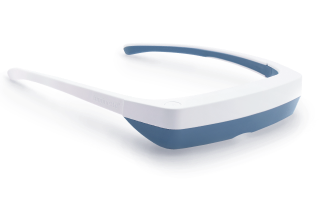
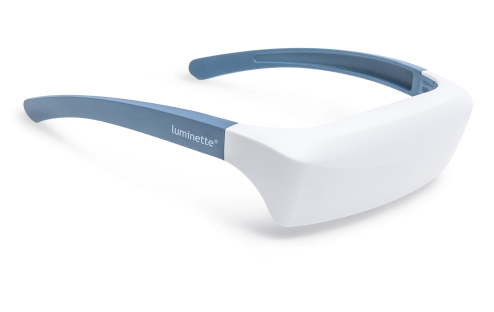
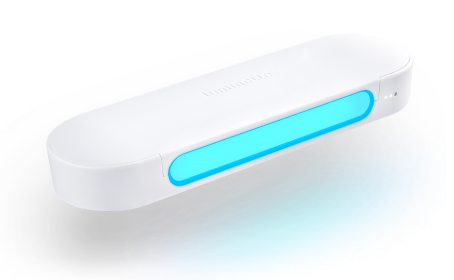
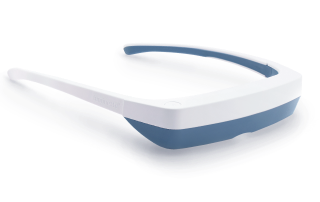
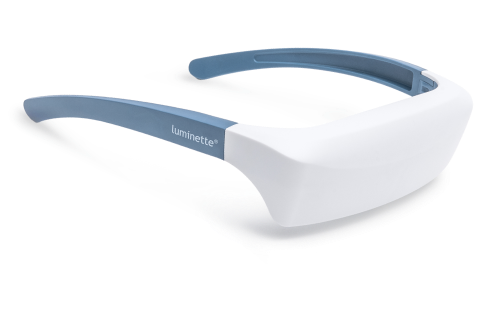
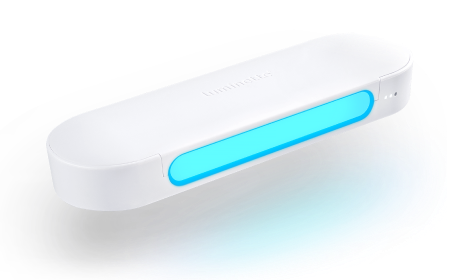
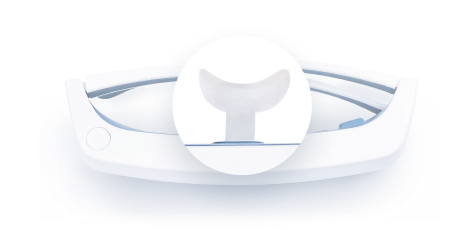
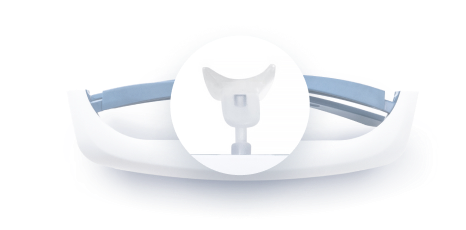
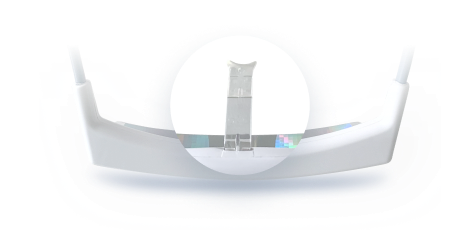
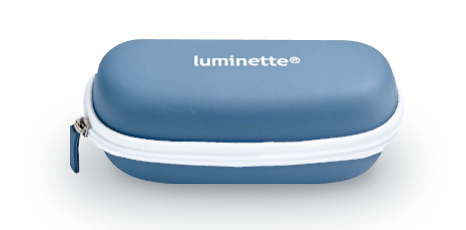
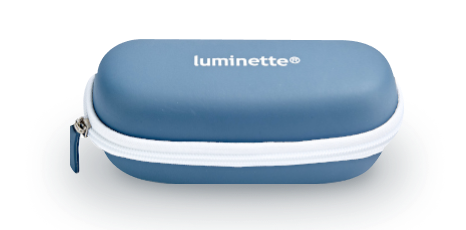











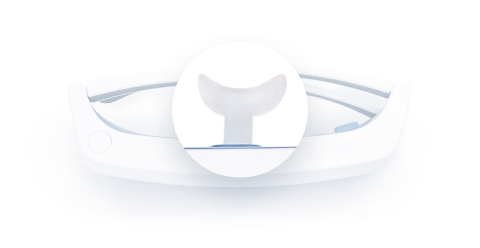
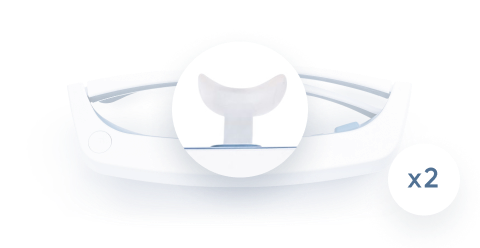
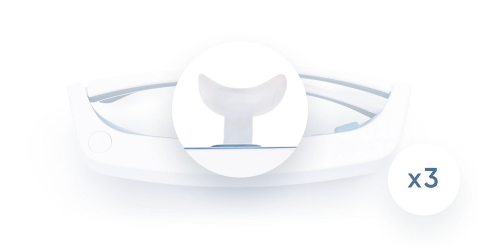
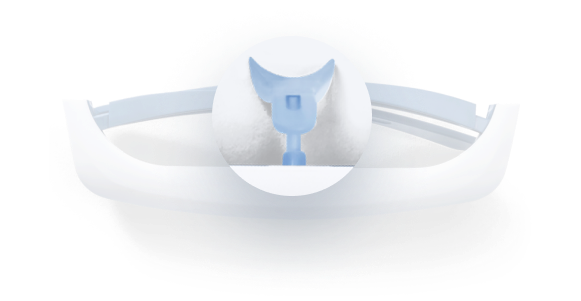
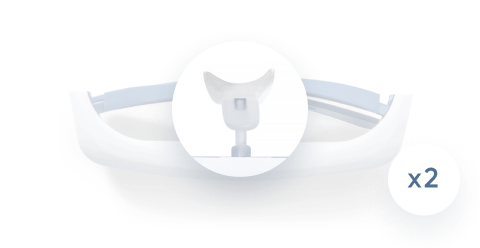
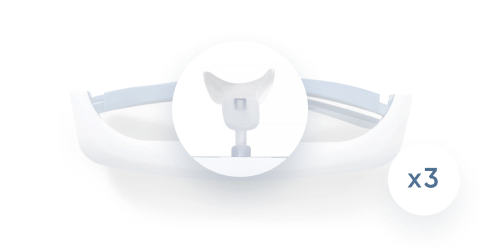
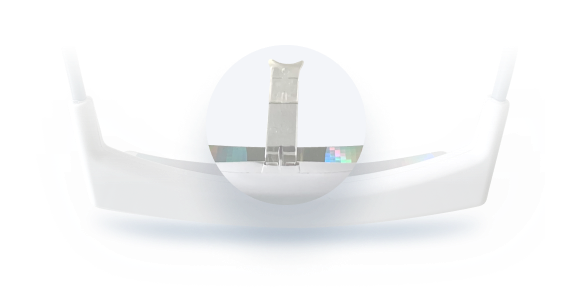
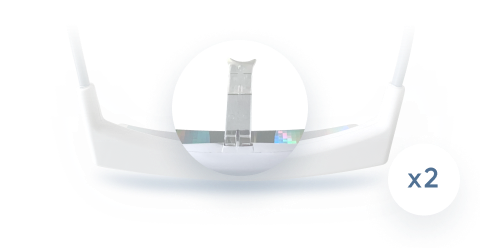
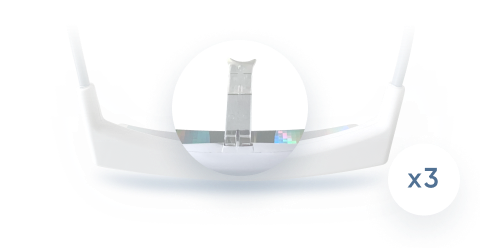
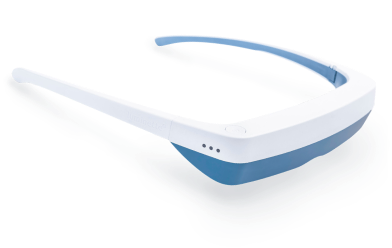
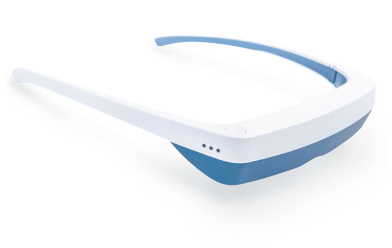
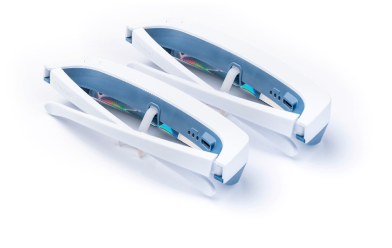




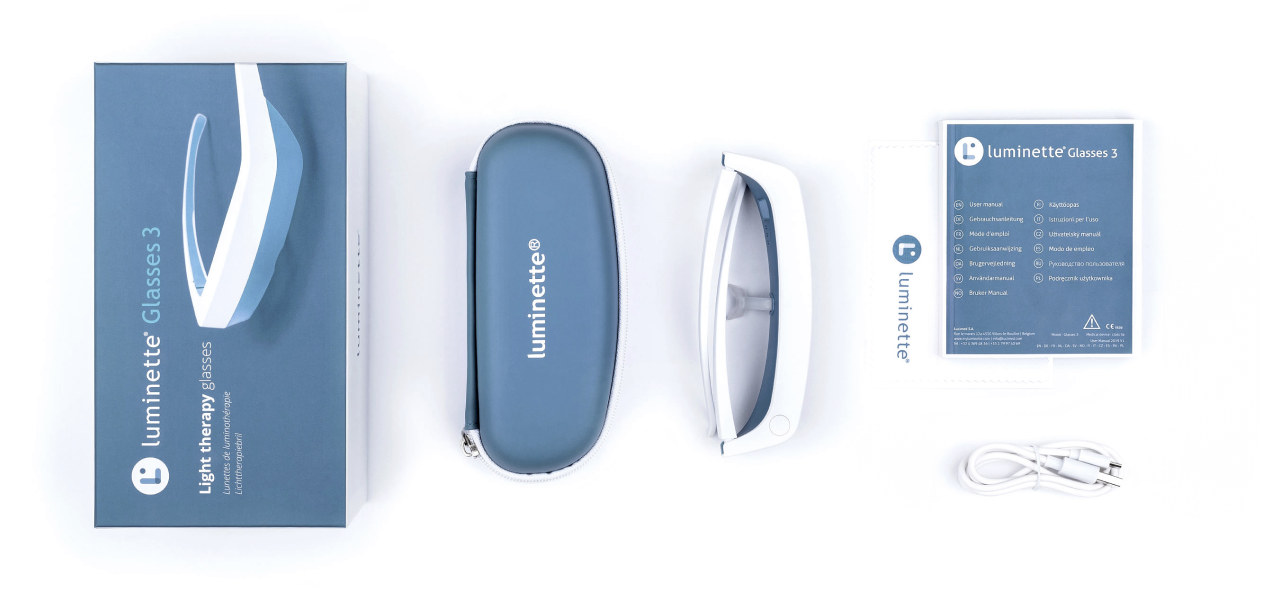
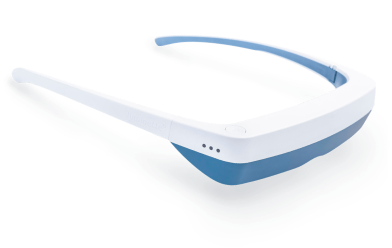
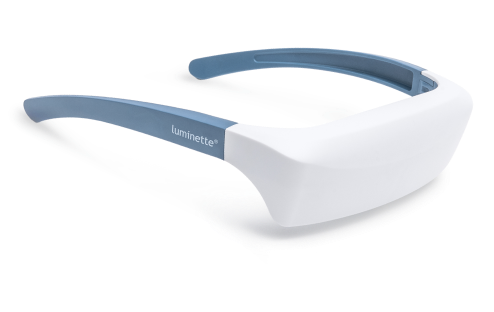
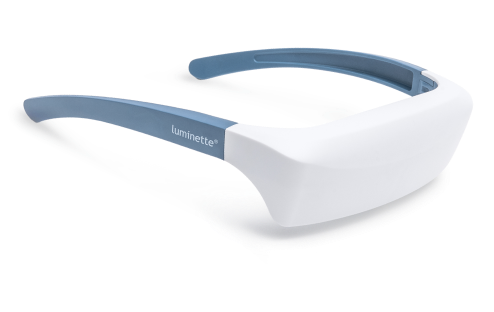
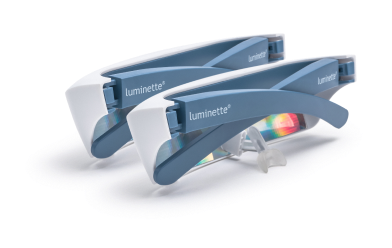

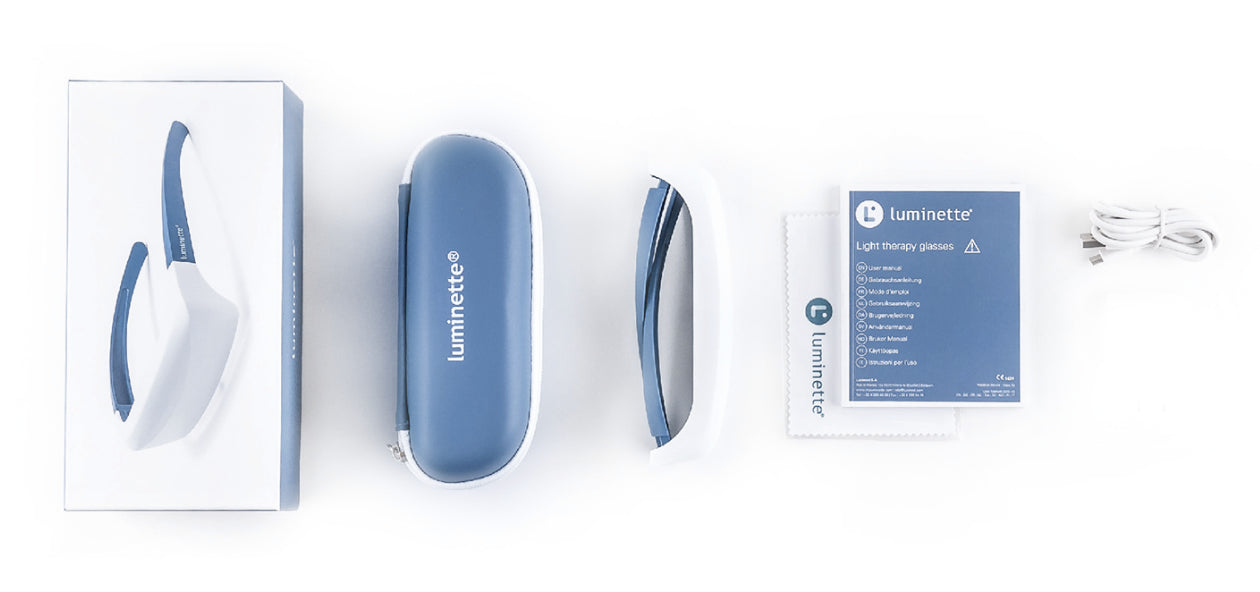
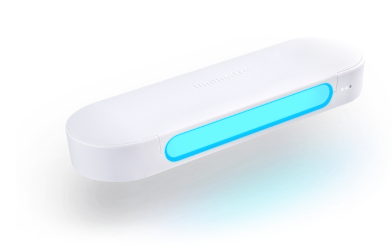
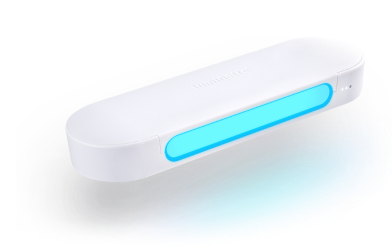
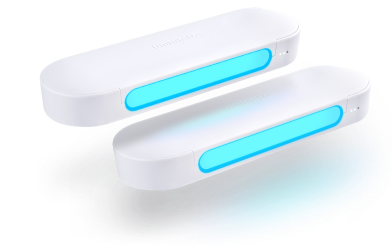
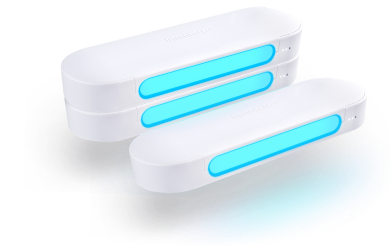
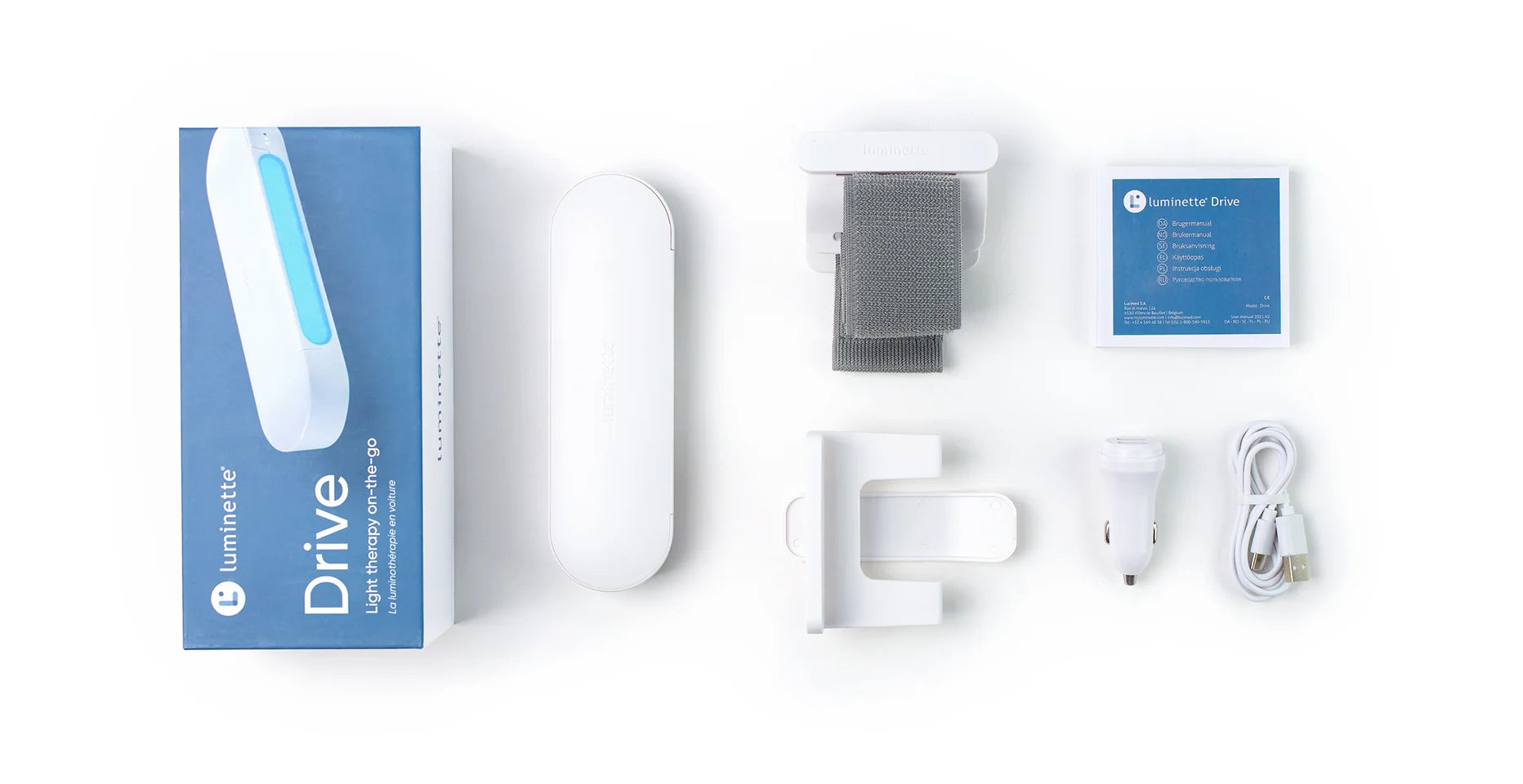

 Please note
Please note



